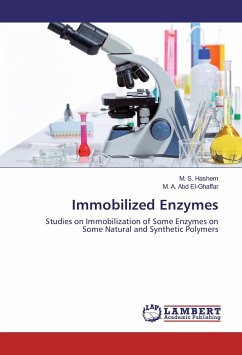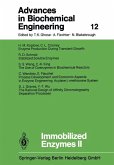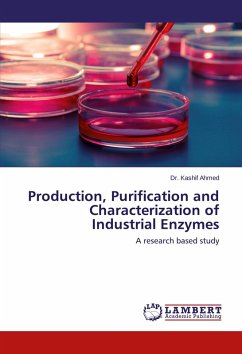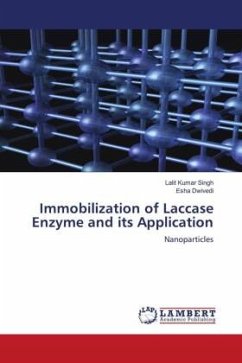Enzymes are attractive catalysts as they are highly effective and specific under ambient conditions. The major drawbacks are their short lifetimes, expensive isolation from the reaction products and losing their catalytic properties if subjected to conditions other than their optimal ones. Research over the last four decades has focused on developing methods to overcome these shortcomings of the biocatalytic approach. One of the most successful methods being enzyme immobilization. There are several applications of immobilized enzymes in medical and food industries, biotechnology and biomedical engineering. This study will focus on the immobilization of _-amylase and cellulase on different natural and synthetic polymers using covalent attachment and cross-linking techniques. The natural polymers include chitosan and chitosan-amino acids adducts (chitosan-L-glutamic acid and chitosan-4-aminobutyric acid). On the other hand, the synthetic polymers include binary copolymers of methylmethacrylate with glycidyl methacrylate and 2-hydroxyethyl methacrylate which will be prepared by emulsion polymerization pathway.
Bitte wählen Sie Ihr Anliegen aus.
Rechnungen
Retourenschein anfordern
Bestellstatus
Storno








